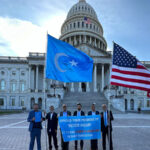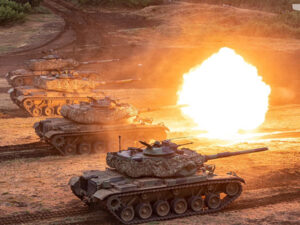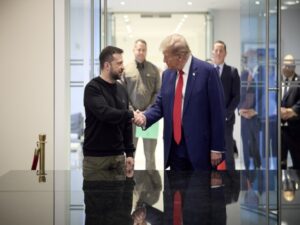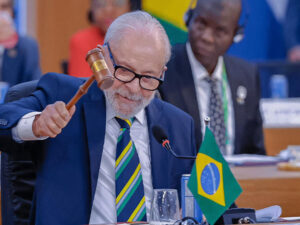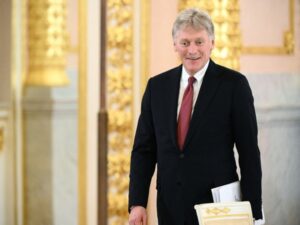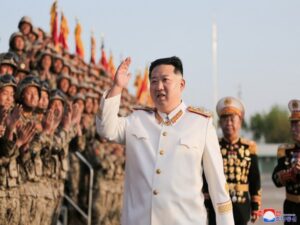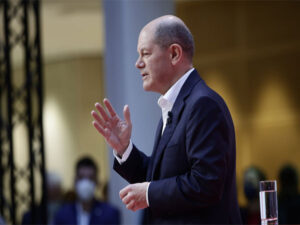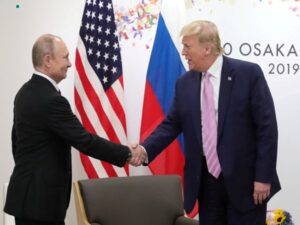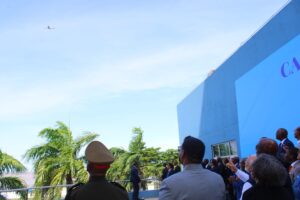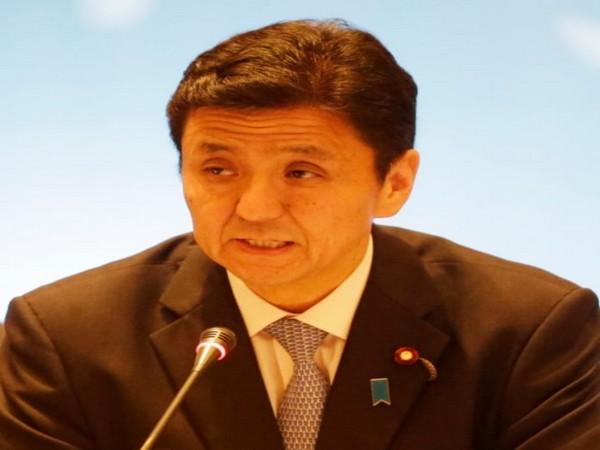
Tokyo [Japan], September 18 (ANI): The recent appointment of Nobuo Kishi, the younger brother of former Japanese Prime Minister Shinzo Abe, as the country’s defence minister has worried China, given the former’s close ties with Taiwan.
Kishi is known for his close links to Taiwan, having represented the ruling Liberal Democratic Party (LDP) in engagements with current Taiwan President Tsai Ing-wen and other Taiwanese leaders over the years, South China Morning Post reported.
Earlier in July, Kishi was part of a delegation of lawmakers, who accompanied for Japanese premier Yoshiro Mori to Taiwan to mourn the demise of its former president Lee Teng-hui. The entourage also held a meeting with Tsai.
In January, Kishi paid a visit to Taipei to congratulate Tsai on her victory following the Taiwanese presidential election.
“He is known to be close to Taiwan and is one of the contact people — perhaps the most important contact person — for conservatives in Japan and the government in Taipei. That is not surprising given his background and his family links to the Taiwan lobby,” said Koichi Nakano, a professor of politics at Tokyo‘s Sophia University.
In response to Kishi’s appointment, China on Wednesday expressed hope that Japan will refrain from developing diplomatic relations with Taiwan. Chinese Foreign Ministry spokesperson Wang Wenbin said that Beijing is keen to strengthen cooperation with Tokyo.
Japan is likely to have factored in China‘s response with the appointment of Kishi, according to Nakano.
“Security really matters right now and, given the direction of the current US government, I would say that while Suga knew China might be upset at the appointment of Kishi, they probably feel that they can handle the situation,” he was quoted as saying.
Although Kishi had assisted with issues pertaining to Taiwan, very little is known about his policy leanings, said Liu Qingbin, an associate professor at the Yokohama National University. “He is someone who is extremely low profile,” he added.
According to Liu, since Japan‘s new Prime Minister Yoshihide Suga indicated he will continue to implement Abe’s policies, particularly in security and diplomacy, it made sense to appoint Kishi, a trusted Abe aide.
During his nearly eight-year-long tenure, Abe managed to keep ties with China on an even keel even as Japan continued to lean towards its ally US. According to analysts, Japan managed to focus on economic ties and ensured that it did not get caught up in the worsening rivalry between the US and China, South China Morning Post reported.
Japan also avoided a direct confrontation with China, although it came down heavily on the Chinese government’s handling of the COVID-19 crisis and the national security law in Hong Kong.
Kishi’s predecessor Defence Minister Taro Kono, who is now in charge of administrative reform in the new cabinet, had accused Chinese ships of repeated incursions in the East China Sea, where the disputed Senkaku/Diaoyu Islands are situated. It is to be noted that China, Japan and Taiwan lay territorial claims over these islands, which are currently controlled by Tokyo.
Japan was prepared to “defend every centimetre of our land”, Kono said, according to news agency Kyodo.
“If we do not do that, we will see another South China Sea. When China started reclaiming the land, international society did not do anything to stop it, and see what we have got,” Kono added, while asserting that the “same thing can happen” in any other part of the world.
Kishi’s appointment represented a “broader continuity in terms of engagement with China, but with the strong signal that Japan is concerned about domestic developments in China and regional security,” said Stephen Nagy, an associate professor of international relations at Tokyo‘s International Christian University.
It also sent the message that Abe was likely to remain “influential” in how Japan negotiates the bilateral relationship with China and the trilateral arrangement with the US, Nagy was quoted as saying. (ANI)




